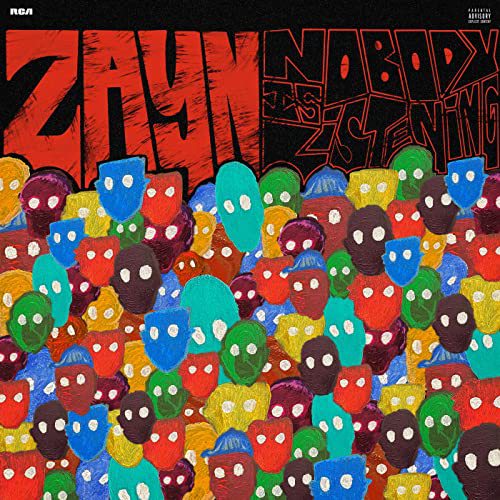Brooklyn College’s distinguished computer science professor, Rohit Parikh, landed himself in hot water when he uploaded a derogatory Facebook status sharing his opinions on “illegal” immigrants, particularly those of Latinx descent. Parikh believes the Mexican community is unjustly “getting the lion’s share” of American immigration.
It can be speculated from his Facebook status that Parikh believes Mexican immigrants, whether legal or not, do not have a strong enough academic background to warrant being in the United States in record-high numbers.
Parikh, an Indian-American himself, compared Indian-American students to Mexican-American students when he wrote, “Indian Americans have the highest rate of going to college… By contrast, Hispanics have the highest rate of dropping out of school.” While this comment seems inherently biased positively towards his own community, Parikh does not see anything wrong with his words. His response to the numerous student protests was, “students should respect [his] right to express [his] opinion.”
Brooklyn College’s student body population, which is 22% Latinx and only 18.7% Asian, was greatly offended. The students recognized Parikh was not only “sharing an opinion,” but also perpetuating hateful rhetoric.
Student Carlos Jesus Calzadilla told the New York Post, “This is the type of language that leads directly to violence against minorities.” Calzadilla argues that Parikh’s words present a case for blocking Latinx immigration and promoting their deportation. Furthermore, Calzadilla believes Parikh’s ideologies are threatening to Brooklyn College’s numerous undocumented students.
Professor Parikh tries to soften the harshness of his words by insisting that, “Hispanics are GOOD people, gentle and nice and not at all criminal.” It is not surprising that he had to add “not at all criminal,” as the media has labeled the Latinx community as “job stealing criminals.” Parikh is adding to this existing stereotype by using education instead of jobs.
Unfortunately, Parikh does not view the high Hispanic dropout rate as a systematic failure, but rather a cultural one. He has placed the blame of the education system’s shortcomings on an already marginalized community. Perhaps, those who do not find fault in Parikh’s words should recall that American history is polluted with minority groups who are scapegoated by the oppression committed against them.














